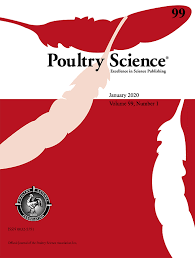Document type : article published in Pig Progress
Authors: Rosalie van Emous, Lucie Ouine, Sterre van Zaalen, Gilles Caby, Maud Le Gall and Graziano Mantovani, Cargill
Welfare issues in pig production, such as tail biting and aggressive behaviour, are increasingly important to retailers, consumers and public authorities. Unwanted behaviour is a multifactorial problem, and farm-specific diagnostics are needed before a solution can be proposed.
Advancements in pig breeding programmes and modern infrastructure in farming have boosted livestock performance. However, this has created an exponential increase in the number of possible factors that need to be considered to efficiently manage the farm.
Social changes (such as regrouping or mixing of pigs), climate, housing and the environment will all affect behaviour in pig herds leading, for example, to tail biting. Research has identified multiple potential causes of tail biting and aggression in pigs. If these are added together, it is clear that there are many opportunities for abnormal behaviour in pigs.
The complexity of the problem is exemplified by an open dialogue between scientists and Dutch pig farmers that revealed differences in their understanding of welfare-related issues, such tail biting. Figure 1 shows that producers typically consider the environment, stocking density and health as the key causes for behavioral-welfare problems. While researches have ranked boredom, with the inability of pigs to express their natural behaviour, significantly higher than any other single factor.






